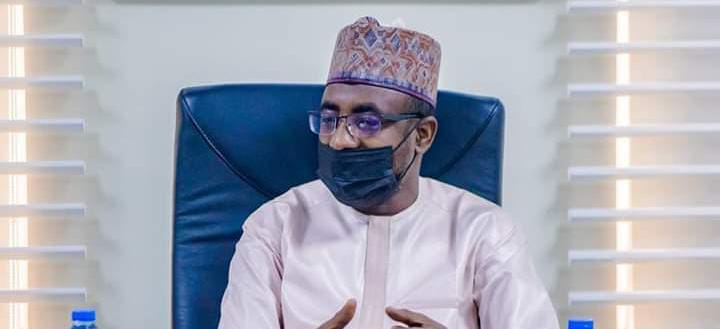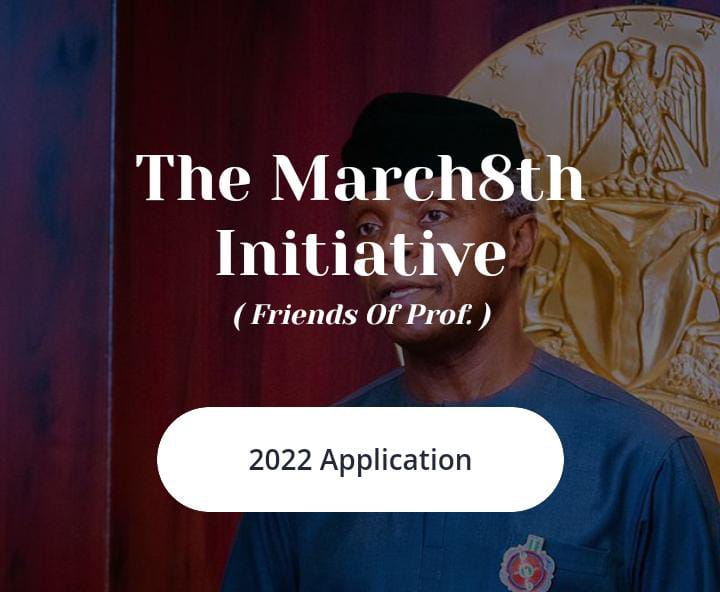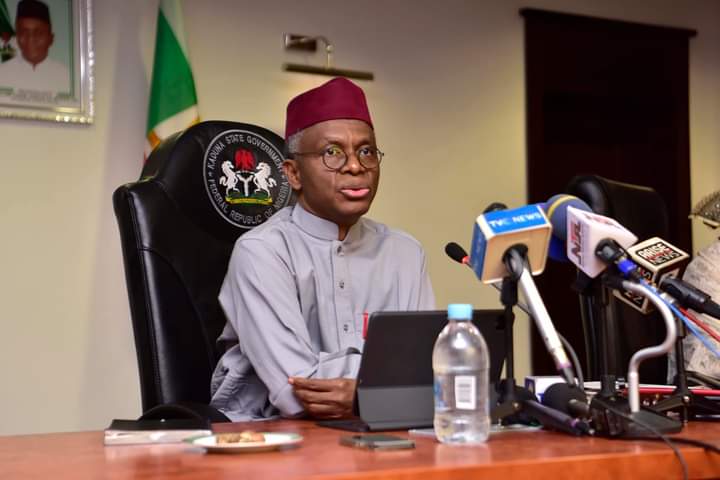Kashim Shettima, former governor of Borno, says residents in Chibok, Gwoza and Damboa areas of the state are living in the “furnace of poverty and destitution”.
The senator representing Borno central spoke on Wednesday at a public hearing organised by the house of representatives committee on health institutions for the consideration of 10 bills aimed at establishing new tertiary health institutions across the country.
Chibok gained international attention in 2014 when over 200 girls were abducted by Boko Haram insurgents who invaded Government Girls’ Secondary School (GGSS) in the LGA.
Since then, the area has continued to witness attacks by insurgents.
Advertisement
Speaking on Wednesday, Shettima said there is a need for “federal presence” in Damboa/Gwoza/Chibok and Askira-Uba/Hawul federal constituencies in the state.
While declaring support for two bills to establish a Federal College of Nursing, Midwifery and Health Science in Chibok as well as a Federal Medical Centre in Gwoza, the former governor said the institutions will improve the lives of residents.
“To the people of Gwoza, Damboa, Chibok, poverty is not a subject of philosophical dispute but the reality of everyday life. The people are conditioned in the furnace of poverty and destitution,” he said.
Advertisement
“There is an incestuous relationship between economy and ecology that gave rise to the insecurity that has ravaged the north-eastern part of Nigeria. Gwoza and Chibok are by-words for disaster. Chibok is about the most famous community in Borno state.
“We have the moral obligation to make the people have a sense of belonging. There is a need for a federal presence in these two communities of Gwoza and Chibok.
“They are in the heart of what is called the Sambisa forest. They do not have any medical facilities. For these communities, there is some sort of time capsule, trapped by insecurity, destitution and hopelessness. So, we have a moral obligation to give hope to the people.
“The beauty of establishing such facilities is that the multiplier effect is unquantifiable. Apart from creating employment opportunities for the local people, the infusion of N2 billion to N3 billion every quarter into the local economy would have a quantum leap for the people. New cottage industries would flourish, and before you know it, the depressed economy of those localities would start prospering.”
Advertisement
In his remarks, Pascal Obi, chairman of the committee, said the hearing was organised to elicit contributions from stakeholders on the bills.
“This public hearing is about granting the opportunity to all members of the public, especially all stakeholders that matter in the health sector and otherwise, to create opportunity for them to come and make inputs so that at the end of the day, we would have bills that would help to guide operations in our tertiary health institutions in the country, thereby improving lives and wellbeing of Nigerians,” he said.
“The primary responsibility of parliamentarians is the making of laws and in the process of making such laws, if we restrict it to only inputs from parliamentarians, by the time you bring it for public consumption, it may be lacking in so many aspects and that is the essence of the public hearing so that everyone that matters would come and make input.
“We have about 10 bills, most of them geared towards establishing new tertiary health institutions in several places. Some are universities of medicine, some teaching hospitals and some federal medical centres.”
Advertisement
Add a comment






